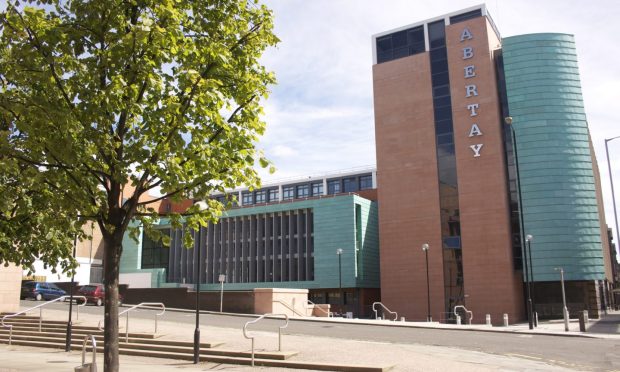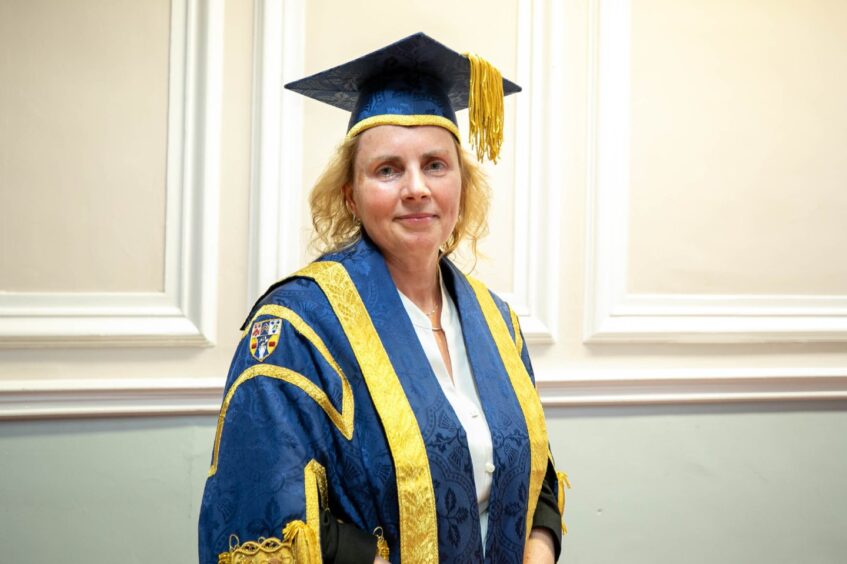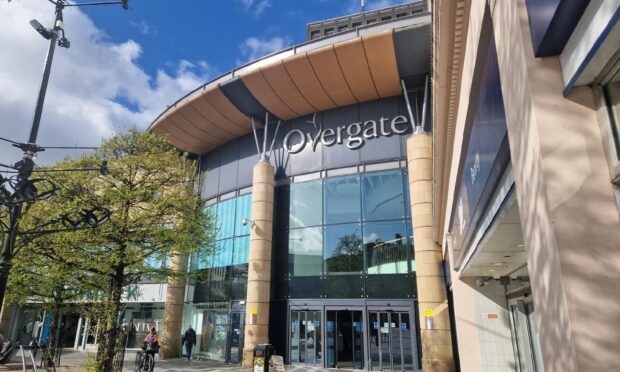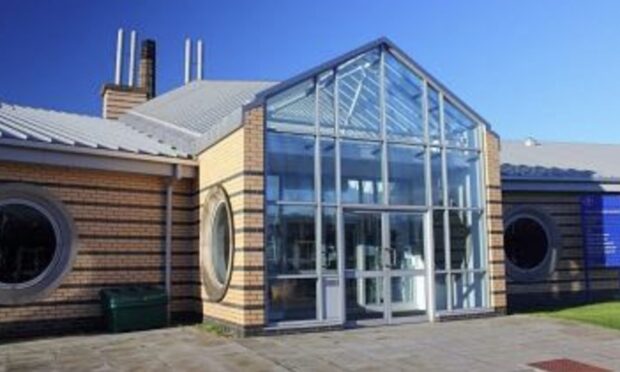Abertay University has posted a £576,000 deficit in its annual accounts, amid a growing financial crisis in Scotland’s university sector.
The Dundee higher education institution said it had “under-recruited” for students attending by 12% in 2024-25.
This was mainly caused by funding for EU students being withdrawn as a result of Brexit, Abertay said.
It comes as the city’s other establishment, Dundee University, warned job losses were “inevitable” as it grapples with a £30 million black hole in its finances.
Since The Courier revealed the crisis Dundee University principal Professor Ian Gillespie has quit and staff have overwhelmingly backed a vote of no confidence in senior management.
But Abertay’s head, Professor Liz Bacon, said Abertay had enjoyed a “successful year” despite the small deficit.
It had posted a surplus of more than £1.2m the year previous. And the university said its financial position was stable in the context of the “extremely challenging” environment the sector currently operates.
Unlike other universities, the majority of Abertay’s students are recruited from Scotland, meaning most of their student income comes from the Scottish Funding Council.
Funding body grants and tuition fees account for 83% of income.
Abertay University loss
Abertay had a total income of £41,091,000 in 2023-24 and spent £41,667,000 — a loss of £576,000.
The university is consistently ranked one of the best in the world to study video games design, and was the first in the world to offer it as a degree.
A spokesperson said: “Like all UK universities, Abertay is operating in a highly challenging financial environment, navigating increasing pension, National Insurance and energy costs, a competitive student recruitment landscape, and many other budgetary pressures.
“The university is in a stable position and takes a prudent, balanced and long-term approach to financial planning.
“We will soon be launching a new five-year strategy designed to scale-up existing work to diversify income streams through a range of activities, including the delivery of online degrees and overseas and UK partnerships, as well as investment in student recruitment.
“Scotland’s universities are national assets which each have their own distinct areas of strength and focus, collectively driving national economic, civic and cultural progress, while also independently providing for the varied needs of their local communities.
“We appreciate the difficult financial decisions facing the Scottish Government and are keen to continue conversations around working towards a sustainable long-term funding model.”












Conversation